Bringing a dog into your life is often painted as a picture of loyalty, love, and companionship. But some dogs come with personalities so strong-willed that they can truly put an owner’s patience to the test.
These dogs aren’t simply “cute troublemakers.” They demand structure, persistence, and consistency every single day. Without it, frustration builds—for both the dog and the human who cares for them.
The reality is that not every household is ready for this level of challenge. These breeds are clever, independent, and sometimes resistant to even the most experienced training approaches.
Many experts caution that without proper handling, stubborn behaviors can lead to destructive habits, stress, and strained relationships. What starts as playful defiance can quickly become overwhelming.
If you’re considering one of these challenging companions, it’s essential to be honest about your patience, experience, and willingness to adapt. They can thrive—but only with the right guidance.
Dog Breeds That Will Test Your Patience
1. Jack Russell Terrier

Behind their small stature lies a determined hunter with instincts that remain deeply ingrained. Originally bred to hunt badgers and foxes, this dog carries a drive that can overwhelm unprepared owners.
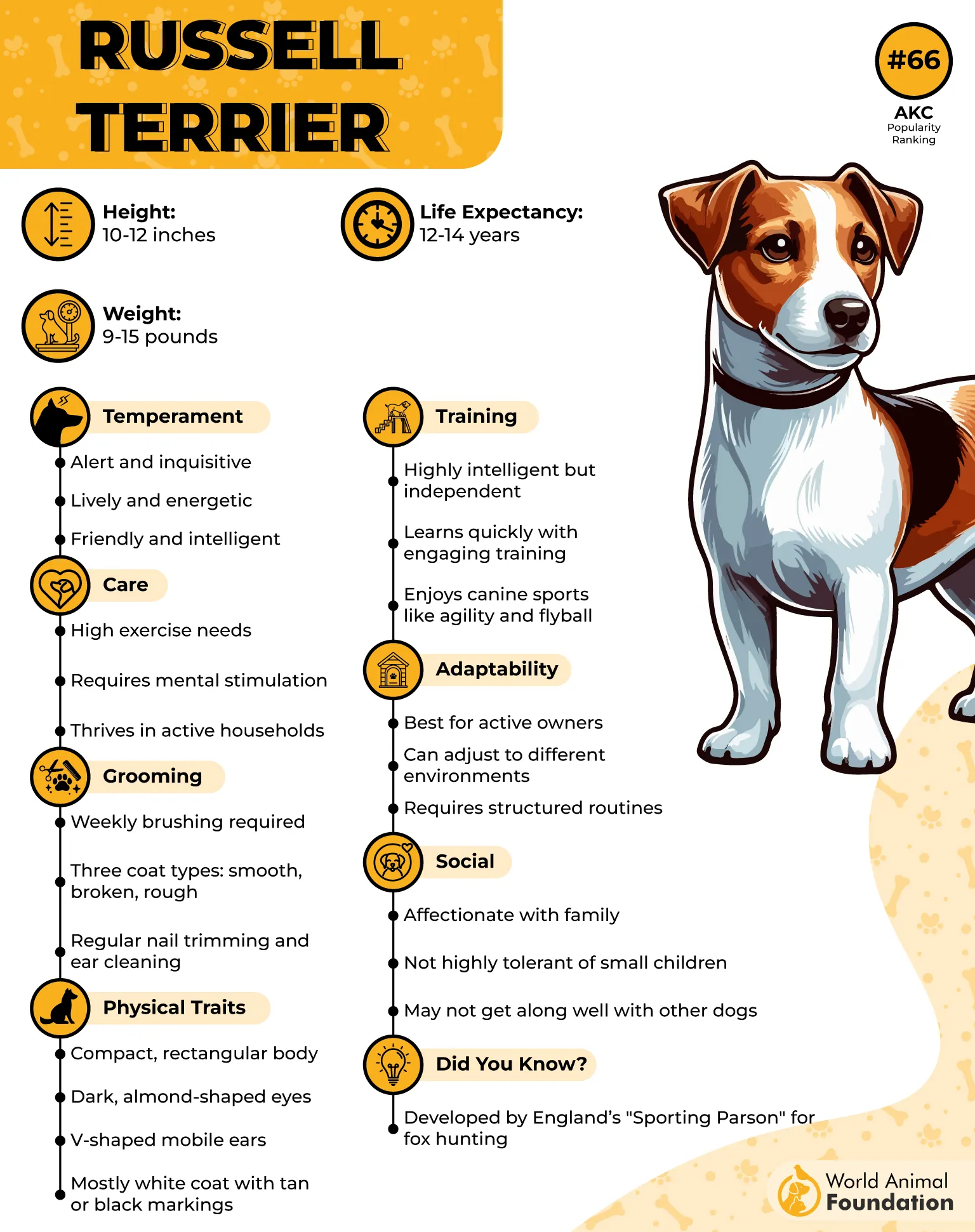
Their boundless energy demands constant outlets. Without enough exercise or mental stimulation, destructive behaviors and excessive barking often take over.

AKC warns that training sessions require persistence and control. While they quickly learn commands, they may ignore them if a distraction feels more exciting.
This is not a breed suited for a calm lifestyle. Their strong sense of independence means they’ll test rules at every turn.
Experienced dog owners who provide structure and proper training can channel their intelligence and alert nature into rewarding companionship.
2. Shiba Inu
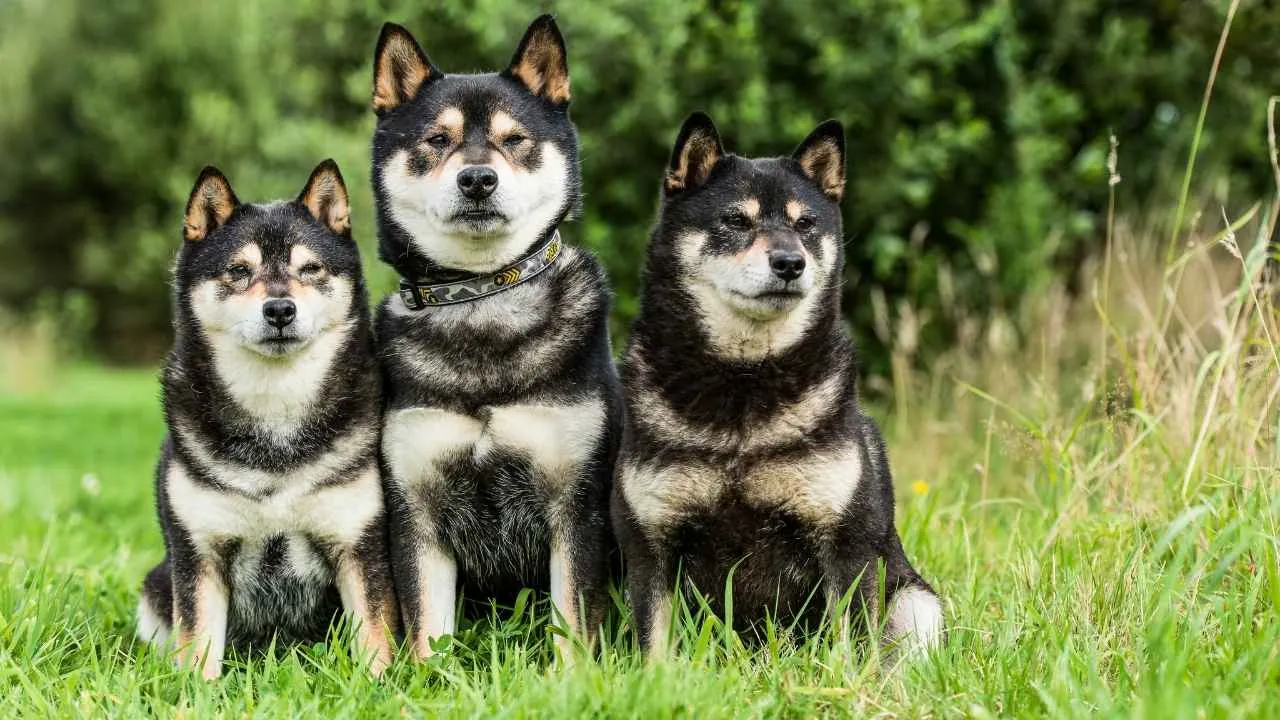
At first glance, their small size and foxlike appearance may seem manageable. Yet this breed is known for making its own decisions, often in direct conflict with its owner’s commands.
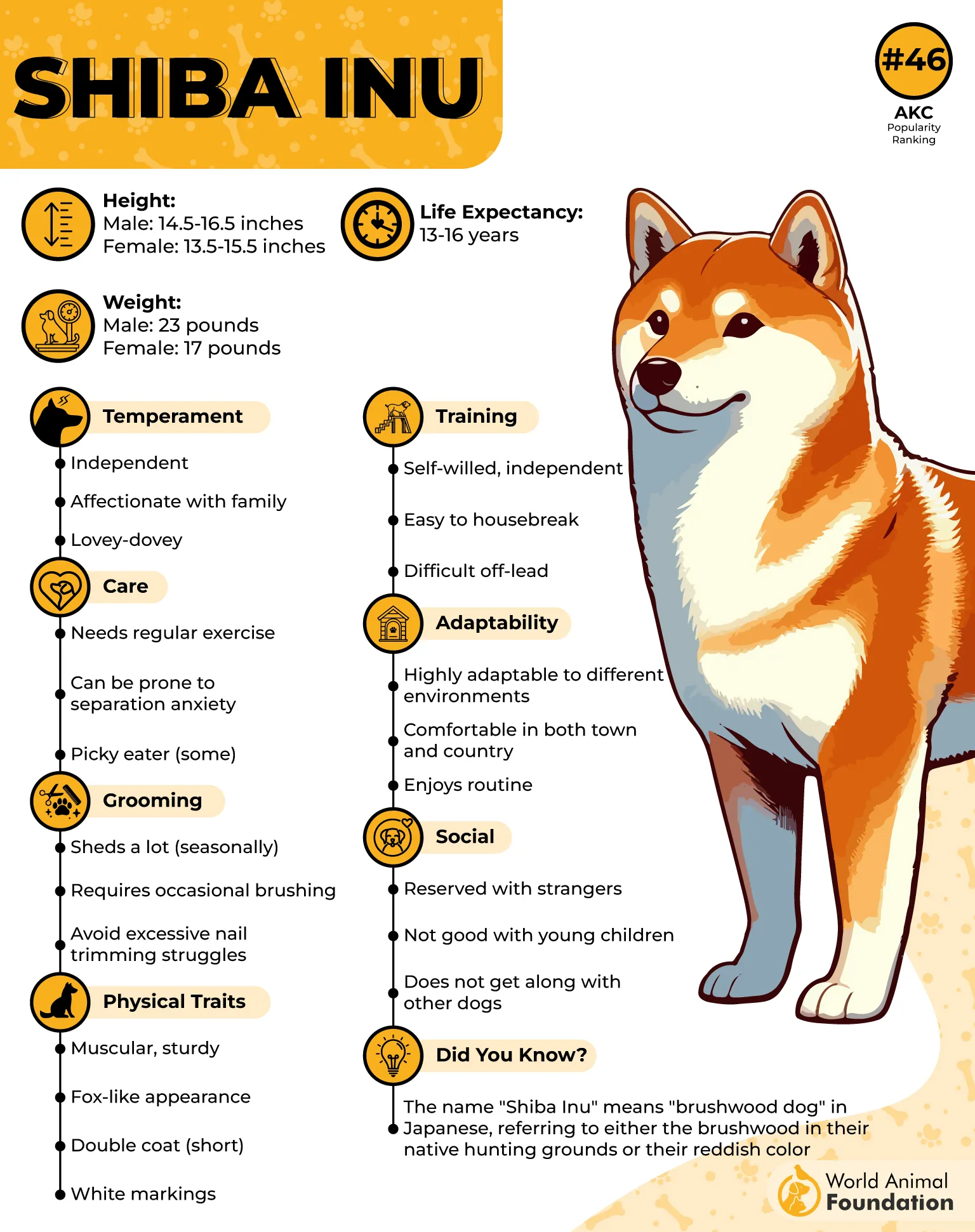
Selective hearing is a daily challenge. They may hear you clearly but choose not to respond, displaying a deeply ingrained independence.
Their vocal nature makes them difficult in close communities. Loud alerts and sudden bursts of barking can easily reach the entire neighborhood.
Obedience training is particularly tricky. These intelligent pets often resist control, preferring to test boundaries repeatedly.
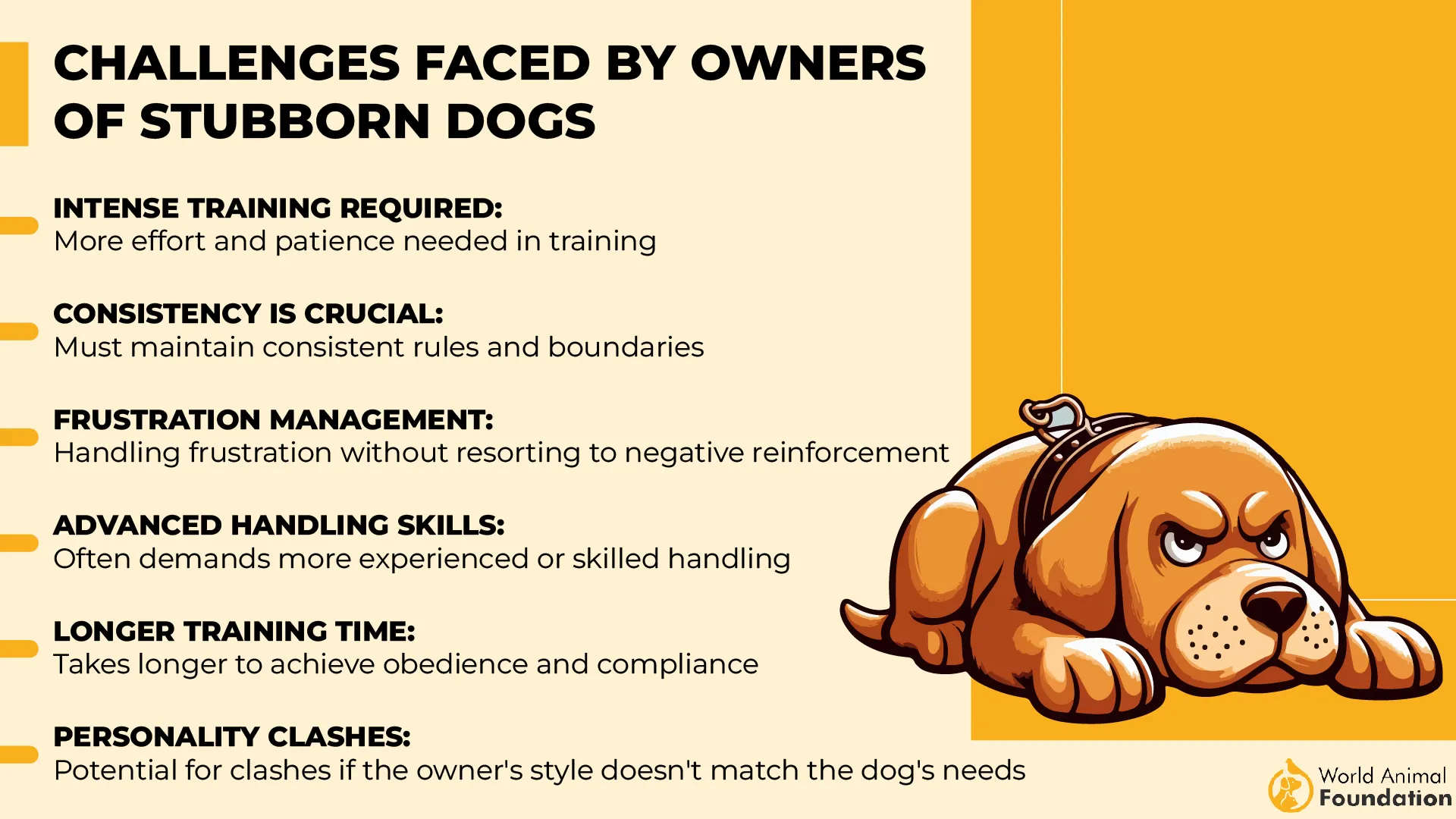
Only patient, experienced dog owners should consider this breed. With proper training and consistent rules, they can mature into excellent watchdogs—though never fully predictable.
3. Siberian Husky
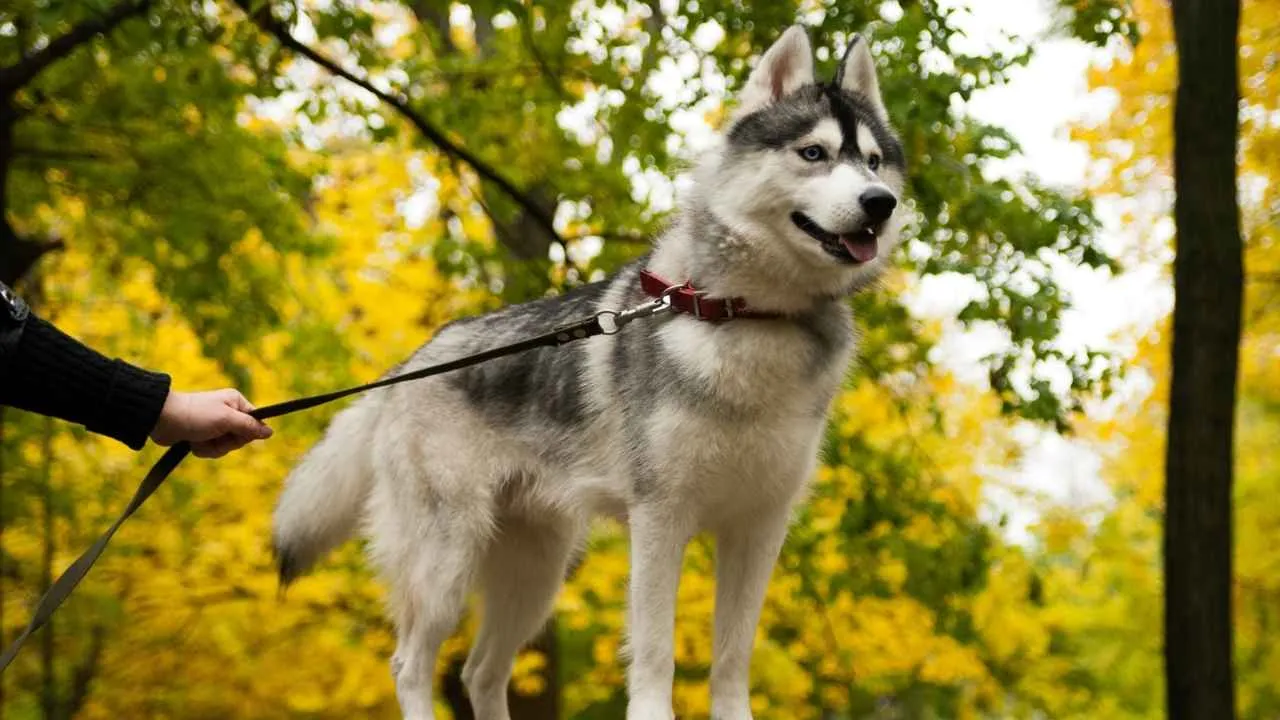
Bred to pull sleds over long distances, this athletic dog thrives on exercise. A simple walk around the block will never be enough to manage their energy.
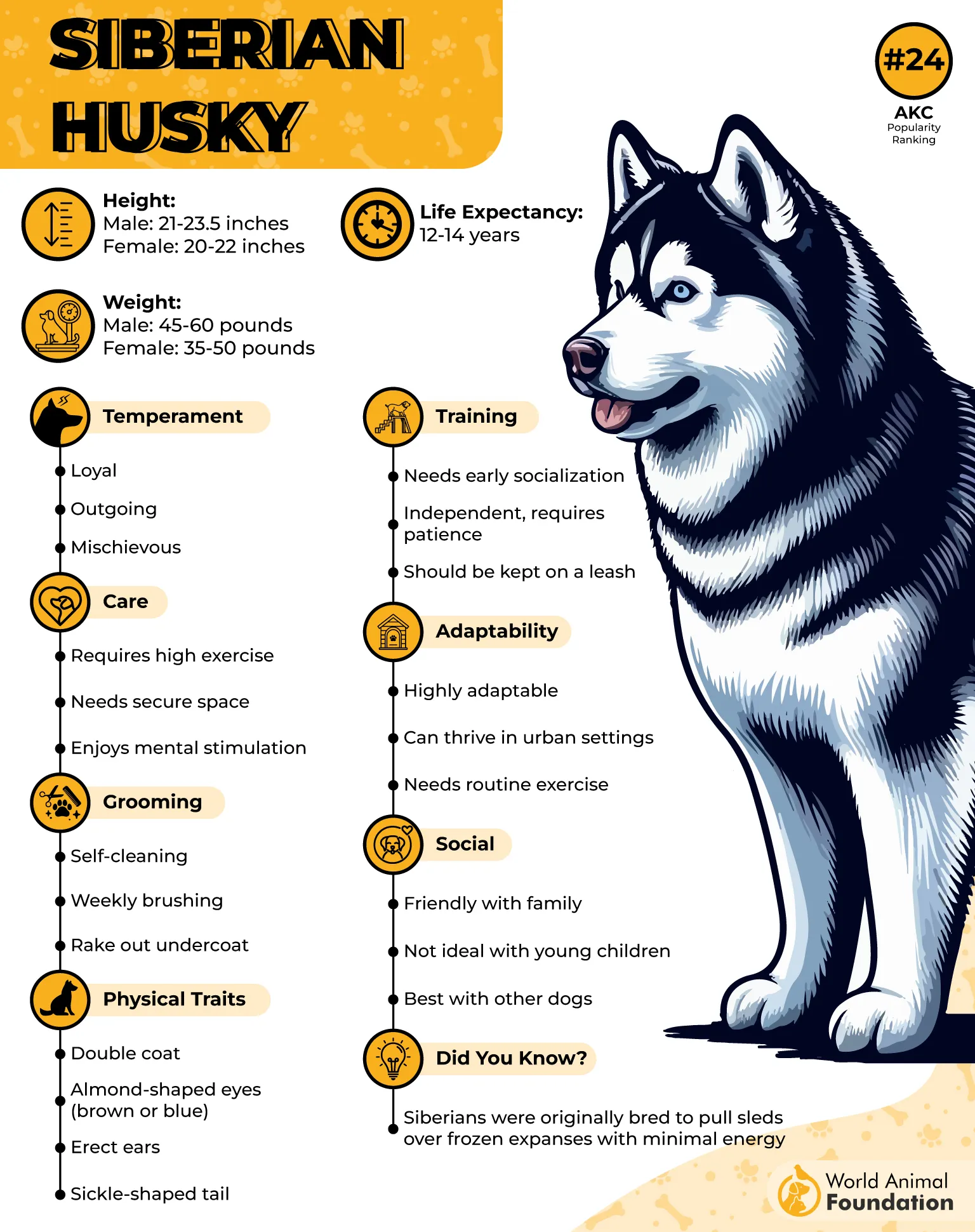
Their tendency to escape is well-documented. Fences are scaled, doors are opened, and owners often underestimate their ability to vanish quickly.
Selective hearing complicates matters further. Commands may be ignored the moment a distraction presents itself, making off-leash outings risky.
Vocal behavior is another concern. From howls to sharp barks, their talkative nature can unsettle neighbors unused to constant sound.
PDSA suggests that this breed requires structure, consistent training sessions, and near-daily mental stimulation. Without it, trouble, stress, and frustration are almost guaranteed.
4. Afghan Hound
Known for their elegance, this breed often surprises owners with how independent they truly are. Originally bred for hunting in rugged terrain, they carry instincts that do not fade in a household setting.
Training sessions are rarely straightforward. Their selective hearing and tendency to ignore commands can frustrate even experienced dog owners.
They are not naturally obedient pets. Their own decisions often come before the rules of the home, making consistency essential.
Despite their calm appearance, bursts of energy can surface unexpectedly. Without enough exercise, they may become restless and destructive.
Patience and proper training are non-negotiable with this breed. Without structure, they quickly remind owners why certain breeds test limits more than others.
5. Basenji
This small dog carries a reputation as the “barkless” breed, but silence should not be mistaken for obedience. Originally bred for hunting, their independence is deeply ingrained.
Instead of barking, they produce unique yodel-like sounds. While charming, this vocal nature can still draw attention across an entire neighborhood.
PetMD claims that training can be challenging. They are intelligent yet stubborn, often ignoring commands when distractions are present.
Mental stimulation is crucial. Without it, destructive tendencies quickly appear, including chewing and restless behavior.
Basenjis require owners who realize the effort behind managing strong instincts. They are not suited for beginners but can thrive with structure, persistence, and firm control.
6. Beagle
Famous for their friendly charm, this breed hides a stubborn streak beneath its outgoing personality. Originally bred for hunting, they follow their nose with single-minded determination.
Their strong sense of smell makes training difficult. Commands are often ignored if an interesting scent captures their attention.
Excessive barking is another concern. Their loud vocal nature can carry far, disturbing neighbors and entire households.
Exercise and mental stimulation are not optional. Without them, boredom leads to destructive habits and a tendency to wander.
Beagles may look like easygoing pets, but inexperienced owners often struggle with their persistence. Only proper training and patience can manage their energy, combined with independent instincts.
7. Bulldog
Beneath their calm and loyal appearance lies a strong-willed personality. Bulldogs are famous for deciding when they’ll move, listen, or respond—often at their own pace.
Training requires persistence. Commands may be met with stubborn silence, and obedience does not come naturally.
Britannica notes that their small size makes them manageable physically, but their tendency to ignore instructions can frustrate inexperienced owners.
Excessive barking isn’t their trademark, yet they can become vocal when routines are disrupted or when they want control.
This breed demands patience, proper training, and an owner willing to balance affection with firm consistency. Without it, trouble and frustration quickly follow.
8. Dachshund
Originally bred to hunt badgers, their instincts remain deeply ingrained despite their small stature. These dogs often act fearless, ignoring limits that other breeds would respect.
Training can be a challenge. Their selective hearing means commands may be disregarded when something more exciting captures attention.
They also have a vocal nature. Loud barks can carry across an entire neighborhood, alerting strangers but disturbing peace at home.
Mental stimulation and exercise are vital. Without them, digging, chewing, and trouble-seeking behaviors often take over.
For those who realize the responsibility, consistent training sessions and structure are essential to manage their independent personalities.
9. Akita
This large, powerful breed was originally bred for hunting and guarding, and those protective instincts remain strong today. They demand respect and experienced dog owners to handle them safely.
Training must begin early and remain consistent. Without firm control, they may choose their own decisions, testing boundaries repeatedly.
Akitas are intelligent but not eager to please. Selective hearing and resistance to obedience are common challenges.
Pawlicy advisors add that their vocal nature is less frequent than other breeds, but when they sound off, the deep tone makes a strong impression on strangers.
With patience, structure, and mental stimulation, they can become loyal protectors. Without it, their strength combined with independence can overwhelm unprepared households.
Conclusion
Some dogs test your patience; others completely redefine it. The breeds we’ve explored prove that charm often comes packaged with a side of stubbornness.
Yes, these companions are intelligent, loyal, and full of big personalities. But they’re also prone to ignoring rules, demanding structure, and reminding you who’s really in charge.
Of course, our list isn’t the whole story. Honorable mentions go to the Australian Shepherd with its endless energy, Basset Hounds with their selective hearing, and even German Shepherds—brilliant yet sometimes headstrong.
Don’t forget Yorkshire Terriers either. Small in size but massive in confidence, they love to talk and can rival larger escape artists in boldness.
The takeaway? Every dog has quirks, and the ones that push your limits also sharpen your skills. With patience, food rewards, and proper training, even the toughest characters can shine.
Now it’s your turn—share your stories, compare experiences, and let us know which breed has tested your patience the most!


